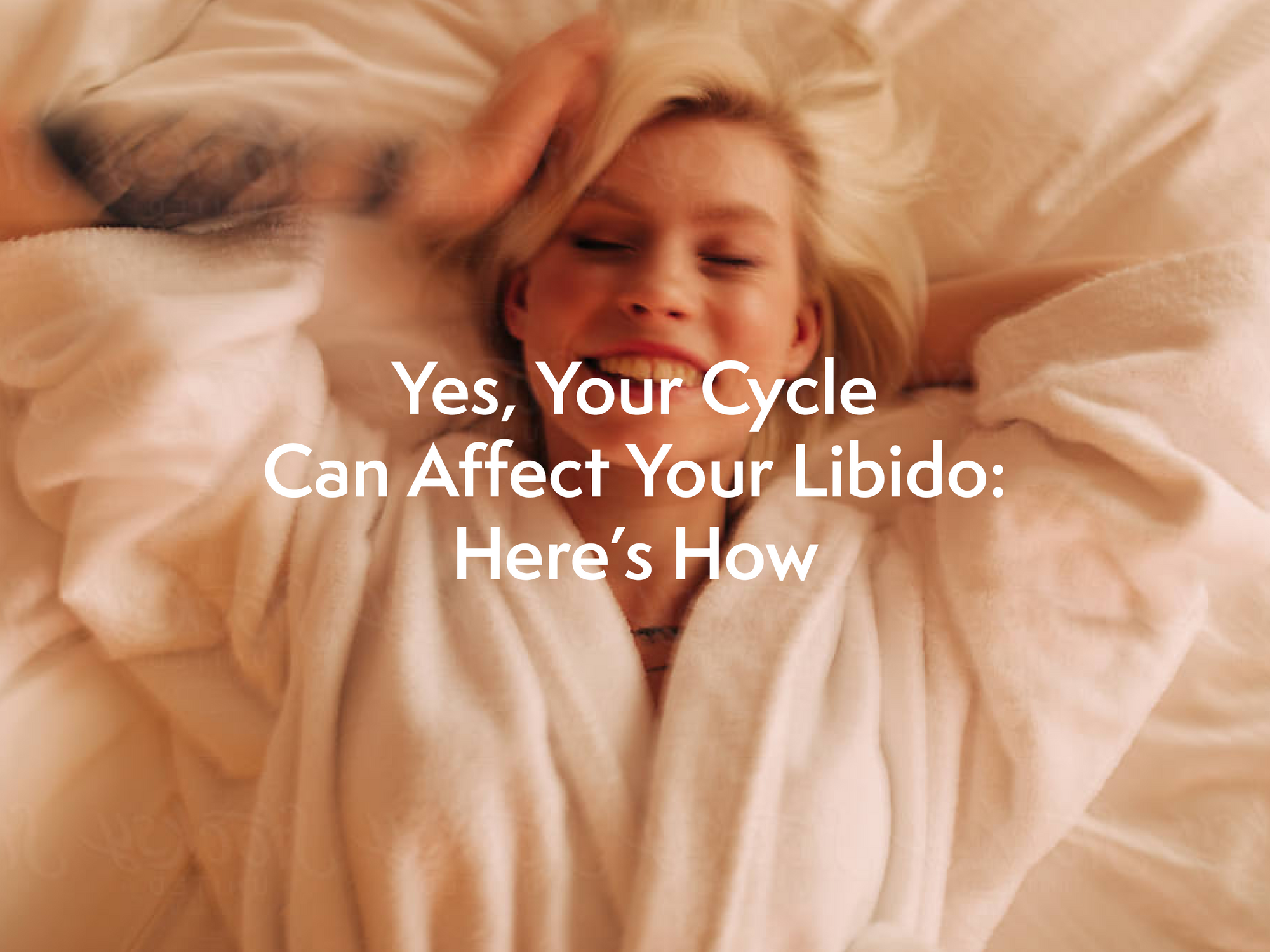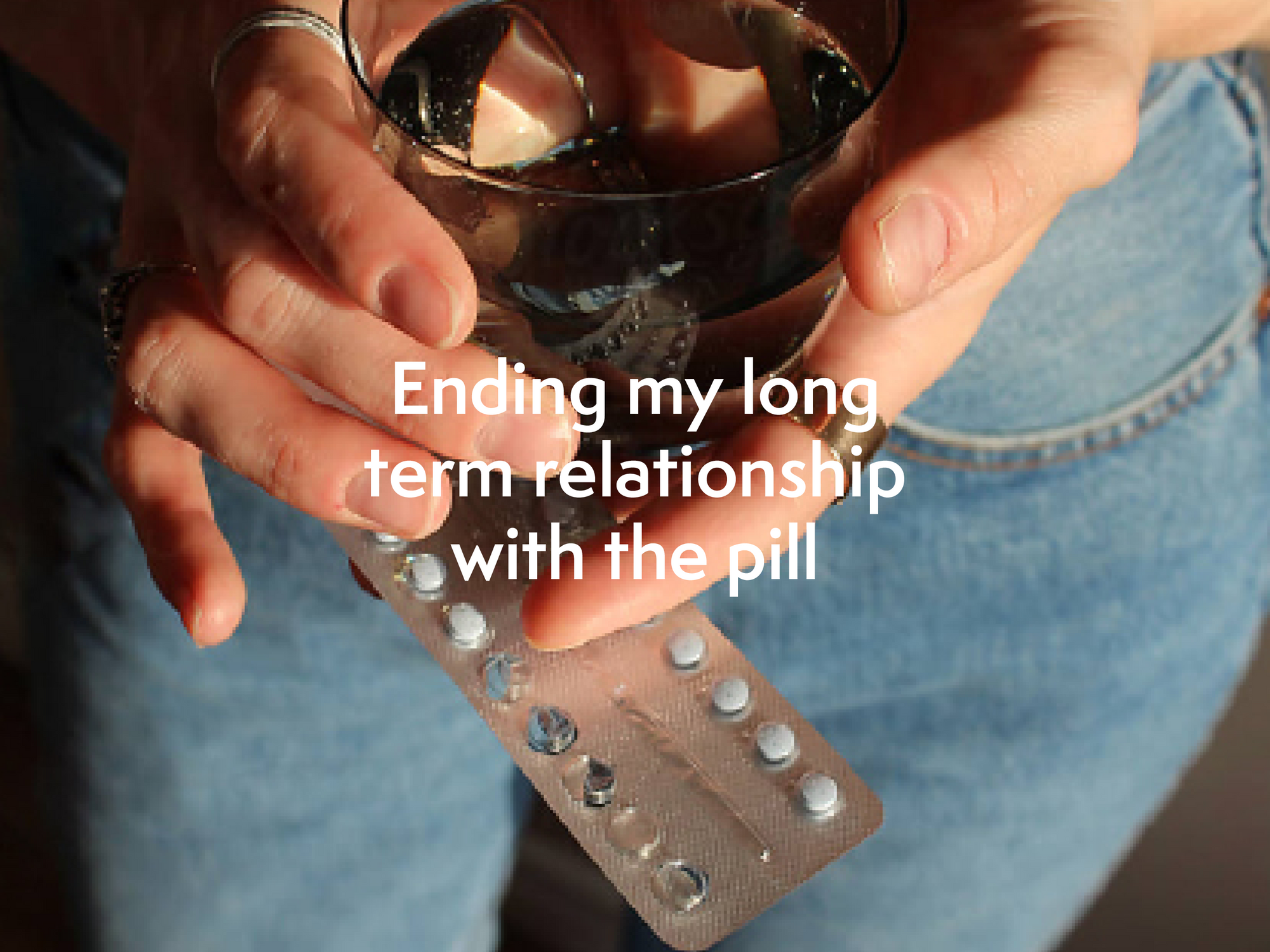Why Aren’t Our Periods Prioritised?
When it comes to our health, there’s one category that doesn’t always get the attention it deserves.
If you’ve ever had a period, you’ll no doubt be familiar with the distinctive lack of sympathy that comes with the symptoms we experience. From being told to just ‘suck it up’ to being ignored altogether, we’ve heard it from both our loved ones and medical professionals alike. Society seems to want to tell women that period symptoms are all but unavoidable, but should we really have to put up with consistent pain and discomfort?
“Period symptoms are so common, and therefore there is a general sentiment amongst most women that symptoms are ‘normal’ [so] they need to just put up with it,” says Dr Michela Sorensen, a GP who specialises in women’s health. “But common doesn’t mean you have to just live with it. There are definitely options out there to help.”
Historically, the women’s health category has been consistently underfunded and under researched. As reported by The Guardian, a recent UK study revealed that less than 2.5 per cent of publicly-funded research is dedicated solely to reproductive health. Compare that to erectile dysfunction, which warrants five times more than that – despite only being relevant to 19 per cent of men, as opposed to the 90 per cent of women who struggle with premenstrual symptoms – and the gender health gap is all too evident.
Despite medical science’s seeming indifference to women’s health, some assistance is available over the counter – however limited it might be. “Treatments range from lifestyle measures and over the counter supplements through to a variety of prescription medications, depending on the nature of the symptoms and severity [experienced],” explains Dr Sorensen.
“For pain management, heat packs, over the counter pain relief and anti-cramping medications are commonly used. When it comes to hormonal breakouts, many women use a variety of topical preparations,” she continues, adding. “Mood changes are usually managed by lifestyle measures including focusing on diet and exercise as well as psychological support. There are also prescription treatment options, but this should always be discussed with a doctor.”
However, societal stigma has also undoubtedly contributed to an unwillingness amongst those who bleed to seek help when symptoms become severe. While the lack of options on the market is hardly our fault, perhaps we need to start taking our symptoms more seriously too. Dr Sorensen says she has seen an increasing number of women in her clinic wanting to discuss different options for managing their period symptoms, which is a hopeful sign.
“Usually however, women wait until their symptoms are severe or debilitating until they seek help. I would love to see more women coming in for support in the earlier stages, even if they think their symptoms are mild. There are a lot of safe, non-invasive options that can really improve quality of life throughout a women’s menstrual cycle,” she advises.
Here at The Fix, we believe that period care deserves just as much attention as men’s health. That’s why we developed our revolutionary range of period products, each designed to end the bloody pain and stigma that people with periods experience.
We’ve invested heavily in scientific research to bring you innovative, accessible help for the many symptoms you experience throughout your cycle. Try XBloat™, XMood™, XCramp™ or XBreakout™ to help relieve different symptoms, or take The XAll™ daily for month-long support.
ALWAYS READ THE LABEL, USE ONLY AS DIRECTED. IF SYMPTOMS PERSIST, SEEK ADVICE FROM YOUR MEDICAL PROFESSIONAL.



